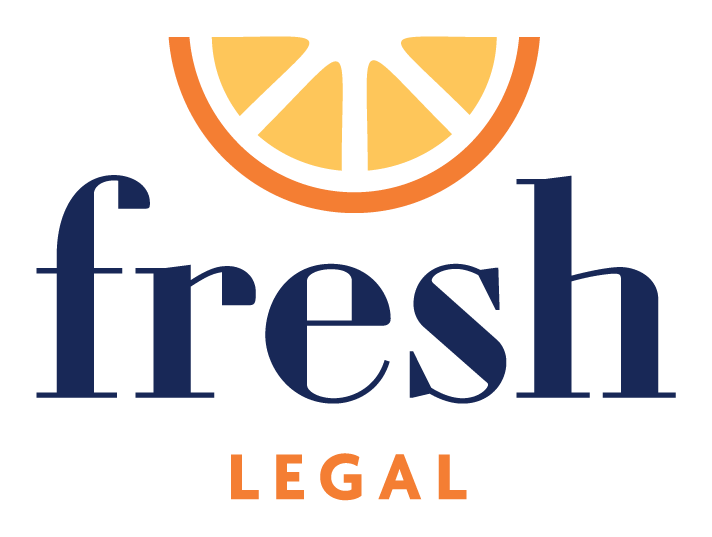Our lawyers and mediation services provide assistance with various legal issues following divorce and separation, including the following:
Parenting Issues
Decision making regarding your children (formerly known as custody)
Parenting time and schedules, including supervised access (formerly known as access)
Parenting issues and decision making after separation
Grandparent access
Step-parent and family adoption
Voice of the Child reports
Office of the Children’s Lawyer
Parental alienation
Property Issues
Property division and the equalization of net family property
Exclusive possession of the matrimonial home and occupation rent
Pension division
Joint family ventures and trust claims in common law relationships
Constructive trusts and resulting trusts
Child Support and Spousal Support
Child support and the sharing of expenses (sometimes called "special and extraordinary expenses")
Spousal support
Arrears of support and/or retroactive support applications
Review and variation of spousal support and child support
Support calculations
Motions to Change
Representation in Family Responsibility Office enforcement proceedings
Safety and Safety Planning
Exclusive possession of the matrimonial home
Restraining Orders
Changes to Court Orders and Agreements
Varying existing court Orders and agreements ("Motions to Change")
International travel with children following separation
Moving with children following separation (“relocation” or “mobility”)
Separation Agreements
Independent Legal Advice
Negotiating and drafting Separation Agreements
Negotiating and drafting Parenting Plans
Review of agreements prepared by mediators or other counsel
Dispute Resolution Options
-
Negotiations
Many couples reach an agreement by themselves, without the help of lawyers. Some people hire lawyers to negotiate on their behalf or attend settlement meetings. Even outside court, it is important to get legal advice and to have a lawyer write your agreement. Lawyers make sure your rights are protected and that you understand the agreement.
-
Mediation
The parties appoint a neutral third-party to help them reach an agreement. Your discussions in mediation are usually confidential. Your participation is voluntary and you can end the process at any time, and agreements you reach are only binding when they are signed. Lawyers provide independent legal advice throughout the process.
-
Collaborative Family Law
The parties work together in a non-confrontational and cooperative process. Each party is represented by a lawyer and they may also retain other professionals such as financial planners, mental health professionals, or coaches. At the outset, the parties and lawyers sign an agreement that if they go to court, they must retain new lawyers.
-
Arbitration
The parties appoint a neutral third-party to make a decision. Arbitrators are trained by the Ministry of the Attorney General and follow certain rules. The process is confidential, unlike court which is a public forum. It can be tailored to your case and can be faster than court. The decision is binding and can be filed with the court for enforcement.
-
Coaching
Instead of full representation, you may retain a lawyer to act as your coach. They may explain steps to you, provide you with legal advice, review or write documents, and more. You ultimately take responsibility for your case including correspondence, filing court documents, and speaking at court. This can be a more affordable option.
-
Court / Litigation
A formal process where a judge may make both "interim" and final decisions. There are also opportunities to settle without going to a trial. In family court, timelines must be followed and there are many required steps, appearances, and documents. These are defined by the Family Law Rules. It is a public process with a public record.

Book a free call and
get started today.
There’s no retainer, pressure, or obligation.

